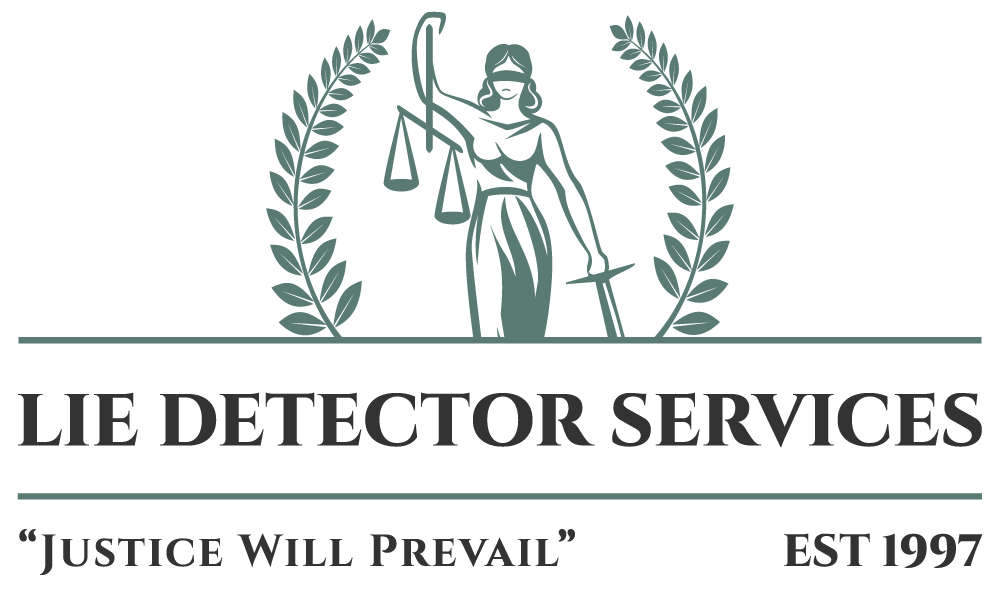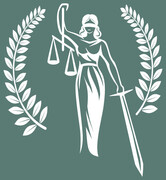
What type of liar are you? Lie Detector Near Me Will find out
Tuesday 24th January 2023
EM
You won’t believe this but do you know that each and every one of us lie all the time. . . . . and that includes you. According to Professor T. R. Levine, who for the past 25 years has researched lying and deception, he claims that on average, people tell one or two lies or more, every day. Clearly the man has never met a number of ex-wives and husbands who would be in the Guinness book of records for lying if such a category existed.
Robert Feldman, also researching into lies and lying found that strangers meeting face to face are liable to tell three porkie pies within just 10 minutes. This being the case it looks as if you may lie a lot more than you think and certainly more than you would care to admit.
Telling your colleague that everything is OK when you’ve just crashed your new, uninsured car and been prosecuted for careless driving and no insurance is not really intended as a lie to deceive, although this is what it is. However, it does not compare with Bill Clinton’s ”I did not have sexual relations with that woman” which has gone down in history as one of the most infamous lies ever uttered.
Forensic psychologist, Mike Berry, says telling a lie is only half the story - spotting one can be extremely difficult or sometimes impossible yet most people pride themselves on being able to spot a liar even though detailed studies show quite clearly that lies are detected in about only 50% of the time. For those who are able to spot them 60% or even more of the time are usually trained experts. With a polygraph machine the figure shoots up considerably.
What kinds of liars should be looked out for and how should they be dealt with?. “Well, human beings are social animals” says Psychotherapist Jerilee Claydon and “maintaining relationships can be fundamental to survival. If relationships are foundering or don’t seem to be working, then we often lie to shore them up”. There are of course the “Instagram” type lies where it can often be read about a holiday extolled in ecstatic terms, despite the holiday maker having just finished a searing report on Trip Advisor concerning how rotten and disgusting it had been. This type of lie is often to maintain social status and protect the feelings off the holidaymaker who has just returned from “the resort from hell”.
And how many parents have lied to their children about their drawings? The writer can remember many years ago their then just 5 year old son proudly presenting a most grotesque drawing of something or other and proudly announcing it was of Mummy and agreeing with him on just how good and accurate it was. I suppose in truth it was better than the subject but that’s a story for another day.
Sometimes lies are a kindness, assuring a friend whose pet had been run over that it would not have suffered, that death would have been instant. We do this because we know they want to hear this.
In detecting a lie try to ascertain why the person may have told the lie in the first place. Does the truth embarrass or frighten them? A good thing to remember is calling someone out as a liar often achieves nothing other than to create trouble and bring more lies.
There are people who simply cannot help but tell the most enormous lies even though it may make them appear ridiculous and put them into enormous trouble. Simply put lying is their “turn on”.
are cold and calculating and lie with specific, self-serving goals. “Often called ‘psychopathic liars,’ they are manipulative, charming, credible and egotistical. They lack the honesty bias we all possess that tells us being mostly honest is good and use that for their own gain.
Back in April 1995, Jonathan Aitken, an Eton educated Conservative cabinet minister swore to use the ‘sword of truth’ against allegations made against him by The Guardian over his involvement with a group of Saudi arms dealers. However, in the subsequent libel case, it was revealed that Aitken had lied persistently under oath and even asked his wife and children to do the same. His subsequent conviction for perjury bankrupted him, destroyed his political career and brought a dark cloud over Westminster for years to come. In the main, compulsive liars usually hurt no one but themselves,” says Ian Leslie, author of Born Liars
So where does it all start
Apparently we start to lie between the ages of 2 and 5. Up until a certain age, a child is consumed with his or her own world and has no need for lies or exaggeration. When a child begins to lie, they are considering the response of the other, which is a huge milestone in cognitive ability and (ironically) the start of empathy.” Even simple lies require a leap of imagination. If you have a three year old capable of telling good lies be impressed.
Body signs associated with lying - but unreliable
Fidgeting: whilst being questioned is considered to be a sign of lying but in fact many truthful people who know they’re under suspicion will fidget.
Dilated pupils: Many believe the pupils of liars dilate yet any person who is highly anxious can have dilated pupils.
Avoiding eye contact: Virtually everyone believes liars will look away when lying. Nothing could be further from the truth. “Skilled liars who aren’t worried about being discovered may deliberately look straight into your eyes.
Perspiring: Pressure and nerves can bring on sweating but so can a hot day or a person who for whatever reason is nervous or apprehensive about something.
Looking up to the left: As if pondering or deep in thought is believed to be a sign of someone lying but in fact it goes on all the time and in itself means nothing.
So can we tell when a person is lying? It’s 50/50 - possibly a little higher if you are an expert on the subject but the odds are really no better than the toss of a coin.
We have the examiners and we have the polygraph machines and together they know where the truth is hiding. If you want to prove to others you are telling the truth, or you want to prove that someone you know is not contact us on 0800 774 7267 and we will be happy to see if a lie detector test could help you. If you'd just like some information visit our FAQs section online.




